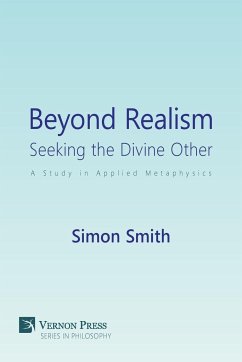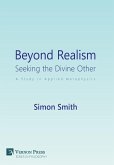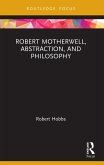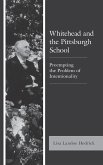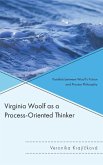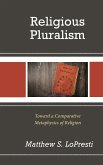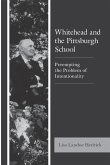The meaning of "God-talk" remains the fundamental issue facing religious thinkers today. This study concerns the analogies needed to make sense of that talk. Embracing those analogies signals the application of Austin Farrer's cutting-edge theology. Almost fifty years after his death, Farrer remains one of the twentieth century's last great metaphysical minds, his grasp of faith and philosophy unequalled. Having defended religious thought against both Positivist and Process reduction, he pursued his own revision of scholastic tradition, ultimately developing the vital corrective to an overweening impersonalism, one which depersonalises the divine so severs the cosmological connection. Following this course returns us to an earlier tradition, to a metaphysic of persons exemplified in the expressions of lived faith. This draws upon the logic of personal identity: what it means to be, or rather, to become, a person. Hence, journey's end lies in a Feuerbachian anthropology of theology or 'anthropotheism'. Like Farrer, Feuerbach used the believer's language to relocate theology and philosophy within a framework that makes fertile use of anthropomorphic personifications to 'think' God. Revisiting the personalist presuppositions of metaphysics in this way throws light on the most vital questions of personal identity. To answer them is to 'draw' reality on a grander scale than either realism or consequentialism is capable of. Most importantly, it is locate our place within that image. Doing theology dynamically or psychologically informed - as both Farrer and Feuerbach insisted - means recognising the constitutive role such images play in self-construction. Without active participation in our ideals and aspirations, we cannot become persons at all; participation entails the enactment of our prospective selves. This returns us to the practice of piety: faith in a Godly person. Here we find the reconstruction of Feuerbach's anthropology as applied theology and, by extension or amplification, the completion of Farrer's personalist metaphysics.
Hinweis: Dieser Artikel kann nur an eine deutsche Lieferadresse ausgeliefert werden.
Hinweis: Dieser Artikel kann nur an eine deutsche Lieferadresse ausgeliefert werden.

